Common knowledge is a funny thing: it represents a majority's opinion on a particular subject and somehow makes that opinion fact. If that 'fact' goes unopposed and unchallenged, then it is passed on and preserved from one generation to the next—regardless of whether it is true or not.
A lot of outdated common knowledge seems comical to us today. We obviously know that health isn't dictated by humours and bile, or that electric fans won't kill us while we're asleep. But food myths continue to persist, despite science's evidence to the contrary. This is likely because food is such a big part of our lives, and so integral to our health and happiness.
Here are ten of some of the most common food myths that just won't disappear:
Myth #1: Milk Can't Be Frozen
Actually, it's perfectly fine to freeze milk according to The Dairy Council of California. Milk expands when it's frozen, which may have perpetuated the myth... but since milk is 85-95% water, it expands just as much as water would if frozen in larger quantities.
If you do decide to freeze your milk, understand that the quality and texture will be slightly different when thawed. Therefore, defrosted milk is best for recipes and not for direct drinking.
Myth #2: Brown Eggs Are Healthier Than White Eggs
They just look so much more wholesome... but alas, the truth is that there is no nutritional difference between the two. The difference in color is completely due to the color of the hen that laid the egg. As for which came first, the chicken or the egg... well, I'm not even going to touch that one.
Myth #3: Keeping Bread in the Fridge Keeps It from Getting Stale
Turns out that keeping bread in the fridge unfortunately does the opposite—the bread stales faster, but not for the reasons you'd assume.
When bread dough is formed, the structures that hold flour's starch together are broken apart with water and kneading. However, these crystalline structures start to reform soon after the bread is baked and removed from heat.
Cold temperature actually reinforces these stiff structures, which causes the bread to stale. Therefore, you have a much better chance of enjoying your bread at the consistency you know and love by keeping it away from the fridge.
Bread molds faster at room temperature, though, so I suppose the bottom line is this: for best quality, enjoy your bread the same day it was baked or freeze it to enjoy later.
Myth #4: Pork Must Be Cooked Until Well-Done for Safety Reasons
I've seen people swear up and down that pork must be cooked until well-done to prevent trichinosis, a parasitic disease caused by roundworm larvae that are intact in raw pork. Turns out that as of 2011, the USDA says it's okay to remove your pork roast or pork chop from heat at 145ºF, so long as you allow it to rest for 3 minutes as the rest of your meat reaches the same temperature.
Apparently, trichinosis hasn't been an issue for decades because of much-improved meat handling and processing standards—the real fear was the reduced heat not being high enough to kill salmonella. For whole pork cuts, 145ºF does the job. However, ground pork still requires an internal temperature of 160ºF.
Myth #5: Honey Is Healthier Than High-Fructose Corn Syrup
High-fructose corn syrup has recently been the Big Baddie of sweeteners, while honey has sailed by on its natural and healthy origins. Well, according to a recently-released study, it turns out that sugar is sugar, no matter what you eat.
Both honey and HFCS contain similar ratios of fructose and glucose; the largest difference between the two is their origins. And because their compositions are similar, they cause the same effects in people who ingest large quantities of either.
The real enemy here is our addiction to sugar, but that's another story for another time.
Myth #6: Low-Fat Versions of Grocery Items Are Better for You
The long and short of it is that you're better off getting the full-fat versions of your favorite cookies, chips, and other snacks.
Low-fat foods have been found to have five times the amount of sugar that their full-fat counterparts do, largely because manufacturers were under pressure to keep the products' taste and texture as similar as possible.
Since higher levels of sugar over time in the body lead to an increased chance for diabetes, heart disease, and dental issues, it turns out that low-fat is likely the worst option you can choose if you're trying to watch your health!
Myth #7: Storing Potatoes with Apples Prevents Early Sprouting
I wish this fun food hack were true, but it's not. Storing apples with potatoes only causes the potatoes to sprout faster—and causes the apples themselves to mold as well.
The primary reason is ethylene gas, which is emitted by apples and encourages sprouting and ripening. However, apples aren't the only emitters of ethylene gas: here's a list of ethylene-emitting and ethylene-sensitive produce that should be stored far away from each other... unless you're trying to speed up the ripening process, of course.
- Don't Miss: How to Keep Apples & Other Fruits Fresher Longer
Myth #8: Searing Traps the Juiciness Inside of the Meat
Time to bust this very popular myth! If high heat and searing trapped the moisture inside of the meat, we wouldn't hear that sizzling sound so well-associated with searing. That's right: the sizzle is the sound of the meat's moisture escaping.
According to Harold McGee, the author of On Food and Cooking (my bible of cooking facts), the only way to ensure that your meat stays juicy is to reduce its time exposed to high heat.
Searing is still important, though, due to something called the Maillard reaction. High heat causes this reaction to occur, which develops and deepens the flavor of the meat. (This reaction is the same reason that you should smash your burger on the grill, by the way.)
Myth #9: Food That Contains Mayo, Like Tuna Salad, Spoil Quickly
If you've ever fretted about bringing tuna salad sandwiches or potato salads to a picnic with no fridge in sight, don't worry—if you're using store-bought mayonnaise, the egg yolks used are pasteurized and actually discourage the growth of bacteria. The more likely culprits of your spoiled picnic are the ingredients you add to the mayonnaise, not the mayonnaise itself.
The rules change for homemade mayo, however: unless you are using pasteurized egg yolks, anything made with homemade mayo should either be consumed immediately or refrigerated until ready to consume.
- Don't Miss: 10 Unexpected Non-Food Uses for Mayonnaise
Myth #10: Lobsters Scream When Added to a Pot of Boiling Water
This myth is pretty horrifying—lucky for you lobster lovers, this is untrue.
The noise that sounds like the lobster screaming is actually air coming from its stomach and out of its mouth, which still sounds like the technical definition of screaming, until you realize that lobsters don't have vocal chords or a developed nervous system that registers pain in the first place.
Have More Myths You'd Like Us to Bust?
Of course, there are way too many food myths for us to debunk in one article... otherwise, we'd be here forever. If we've missed any, drop your knowledge on us in the comments and let us know.















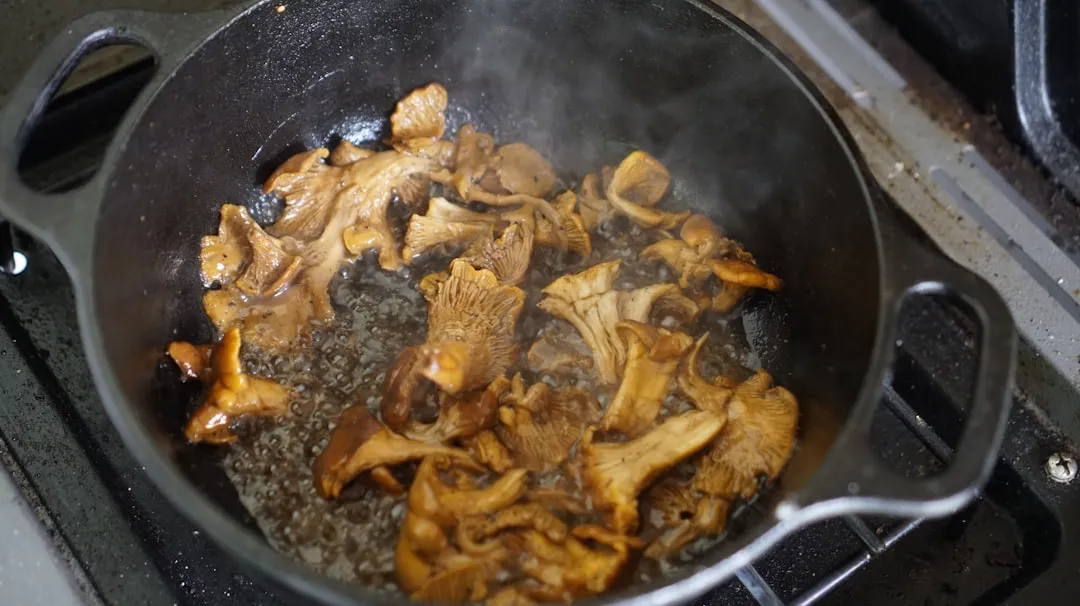


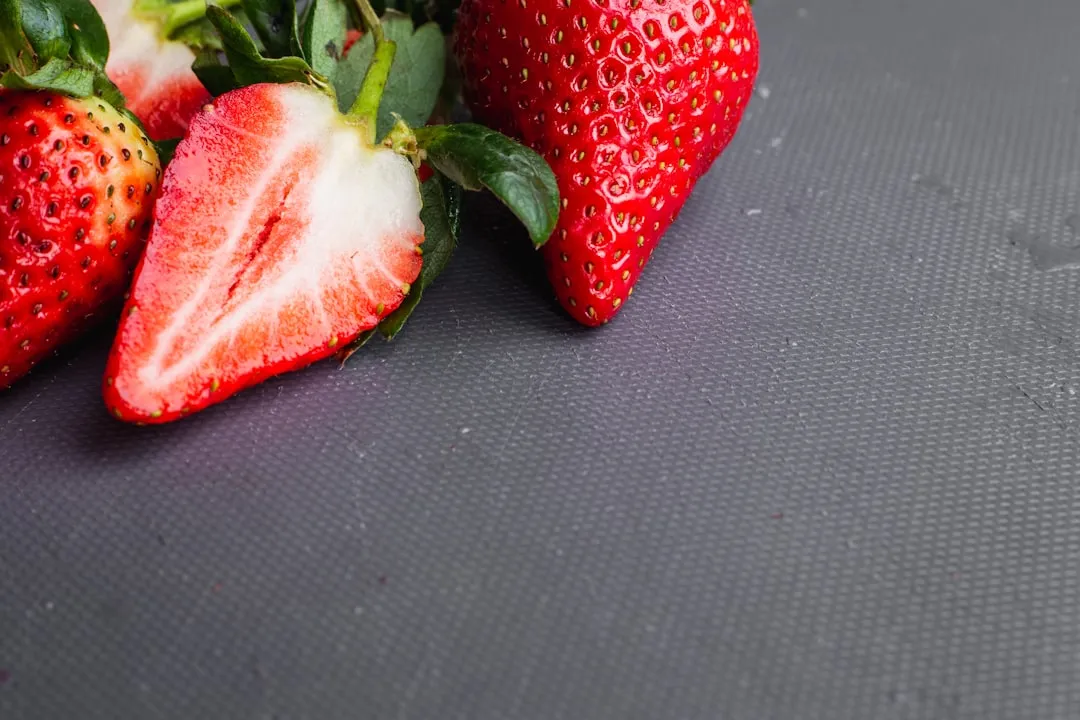
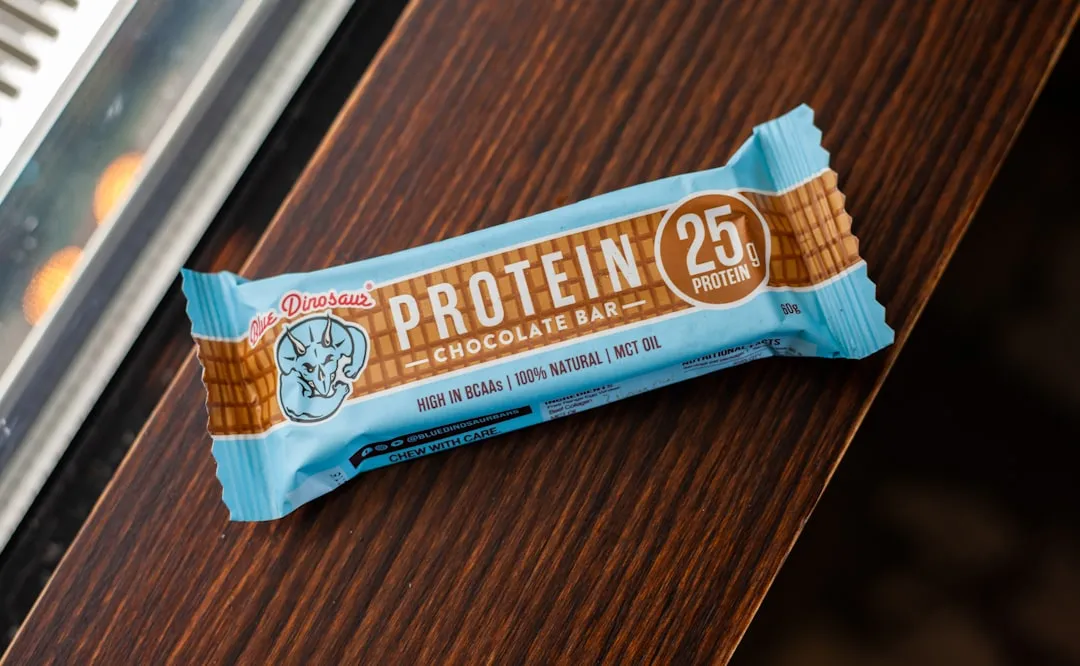
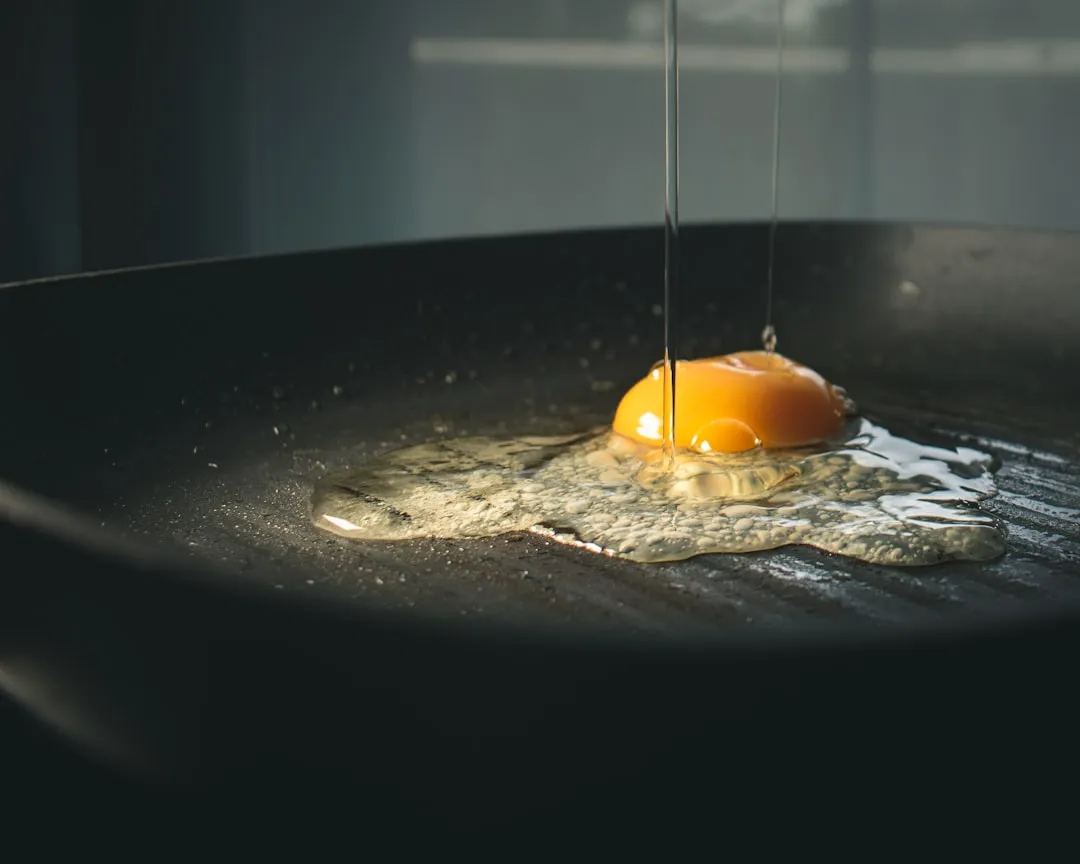
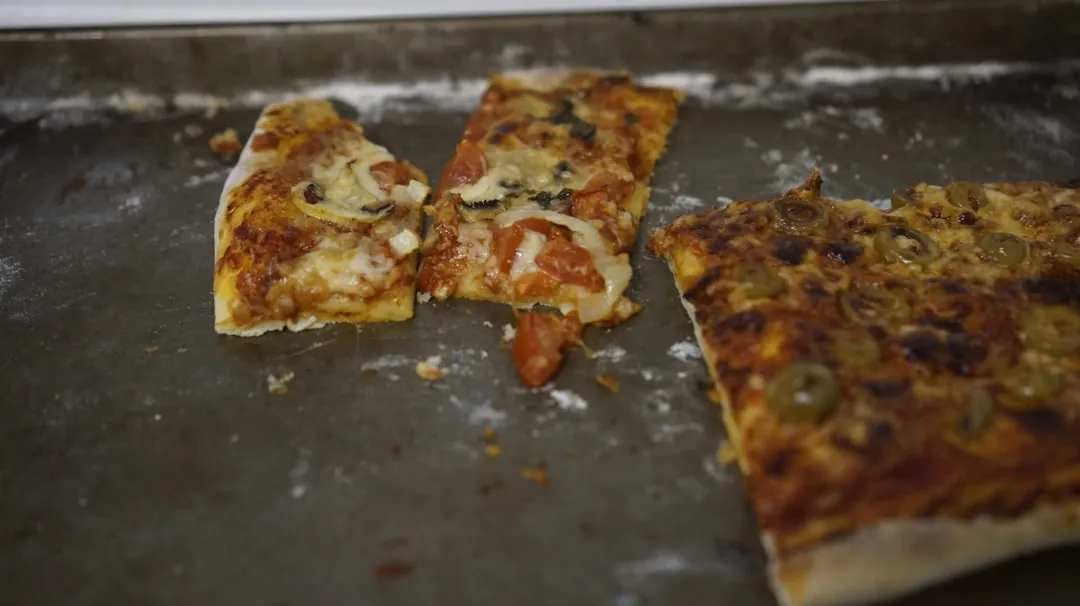



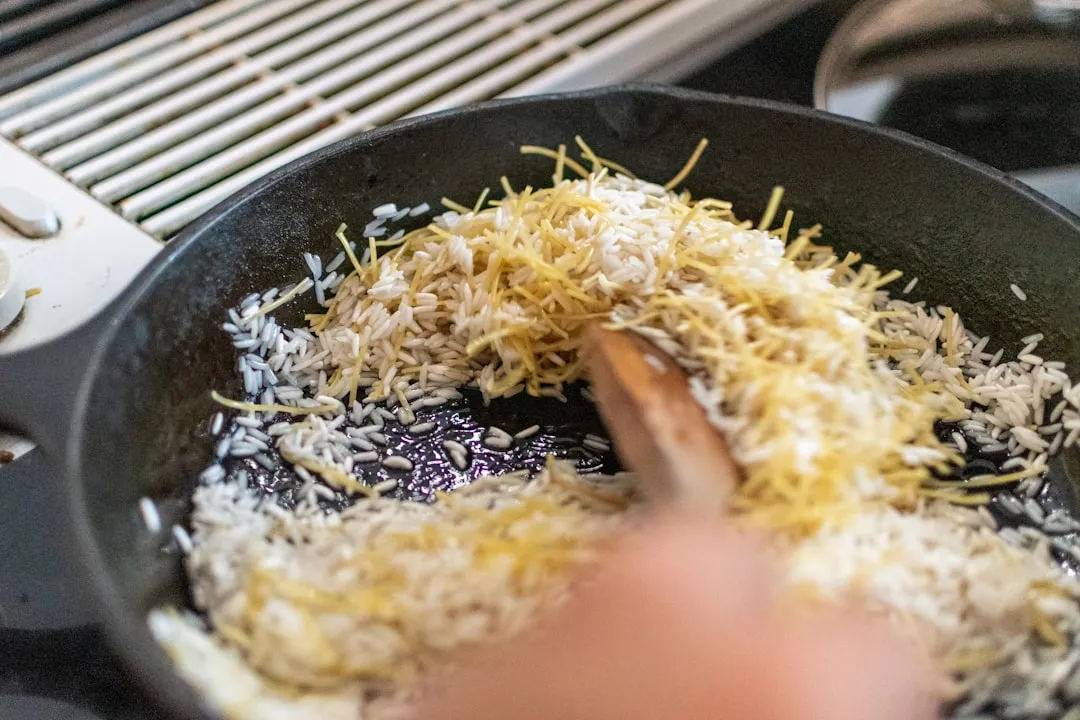
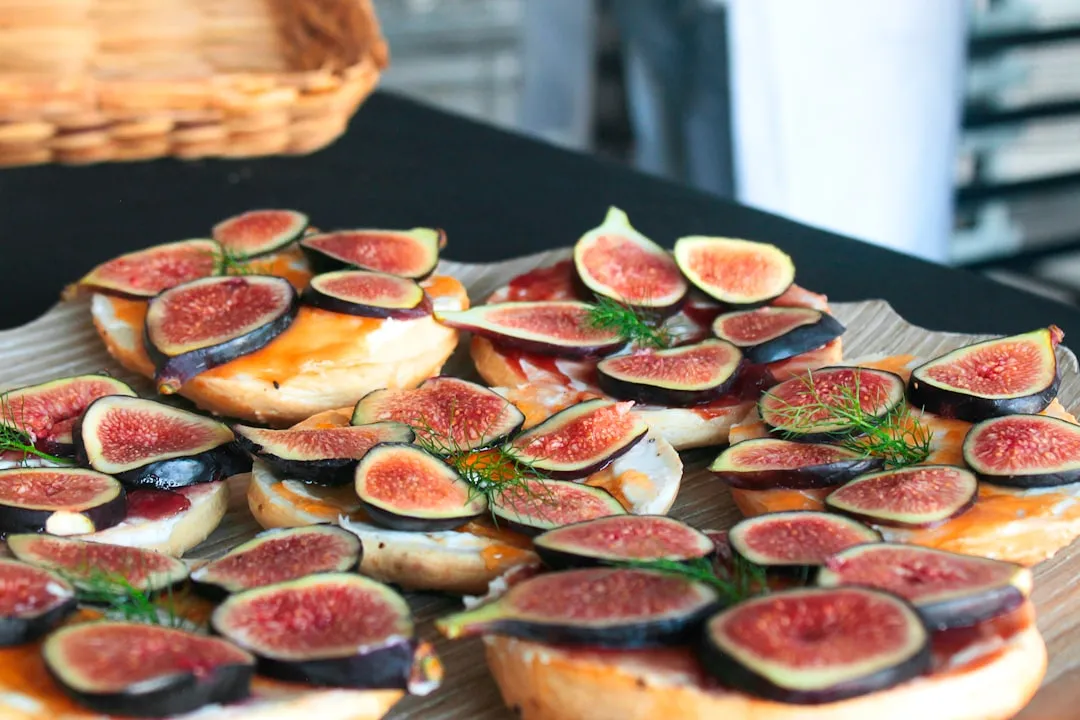
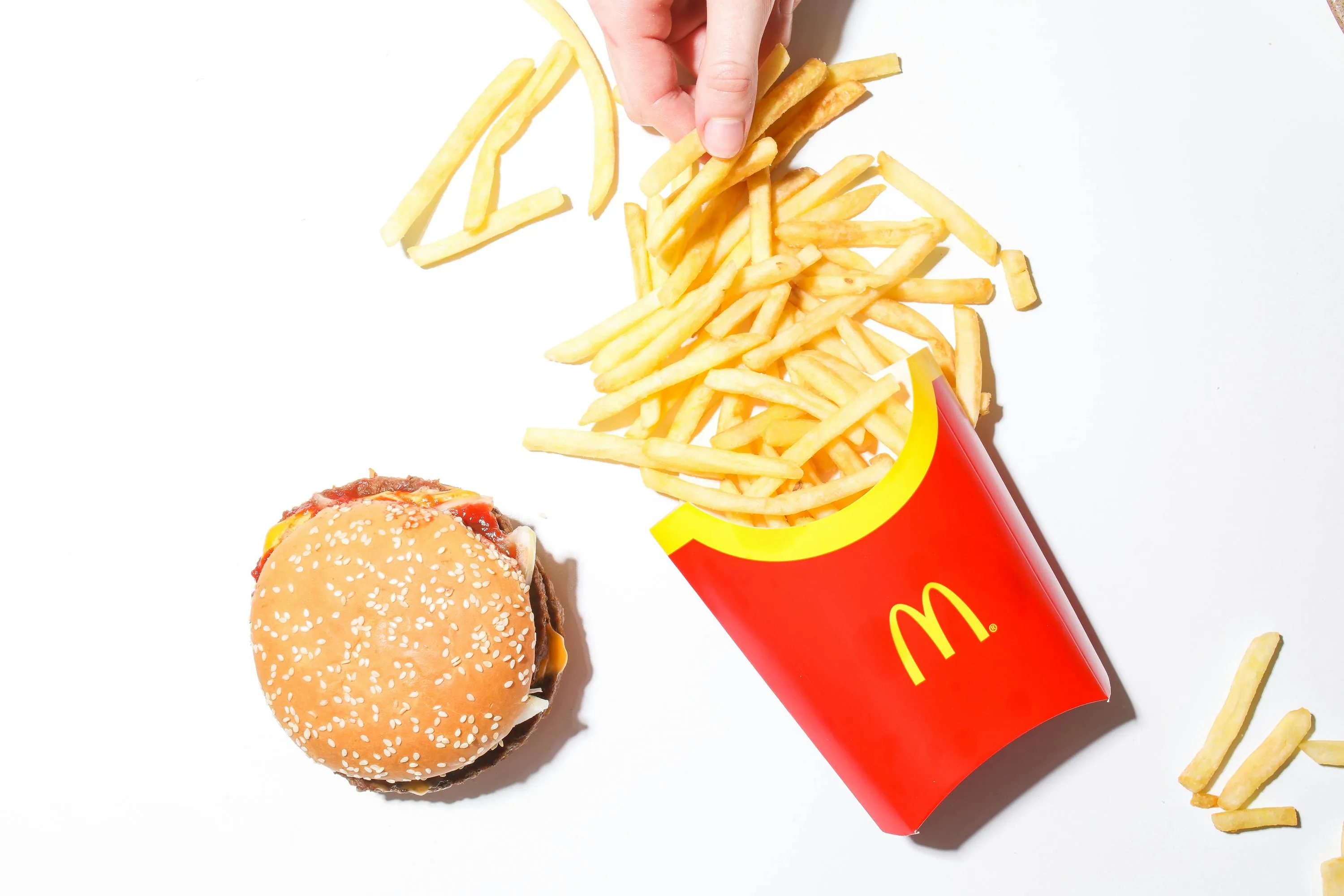
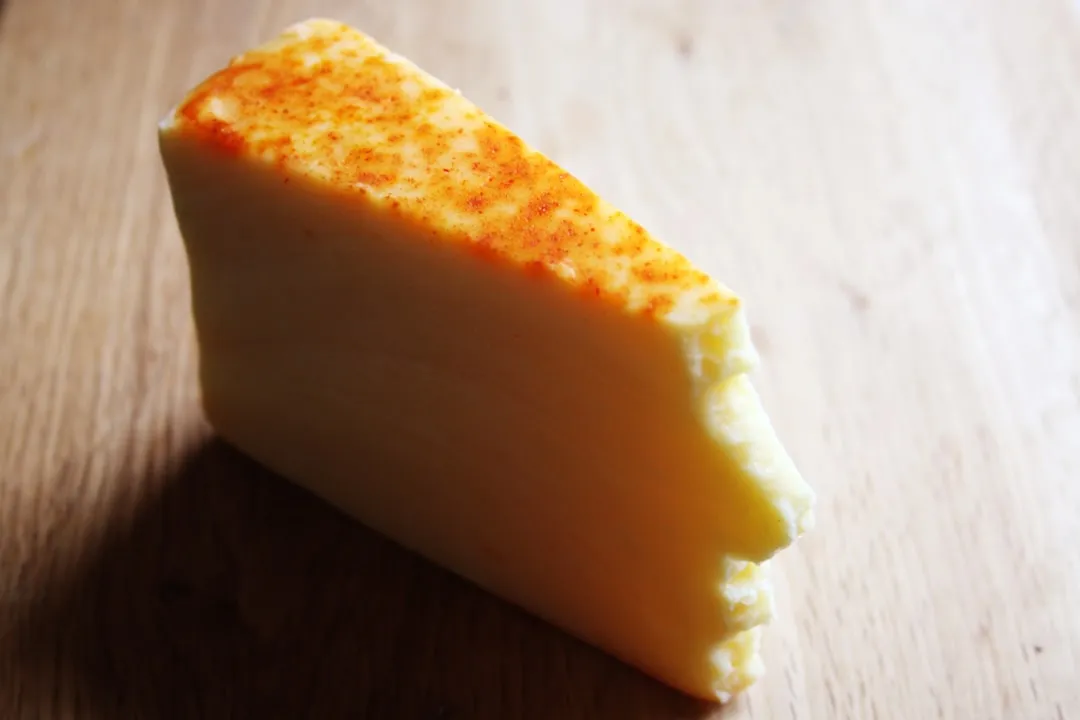
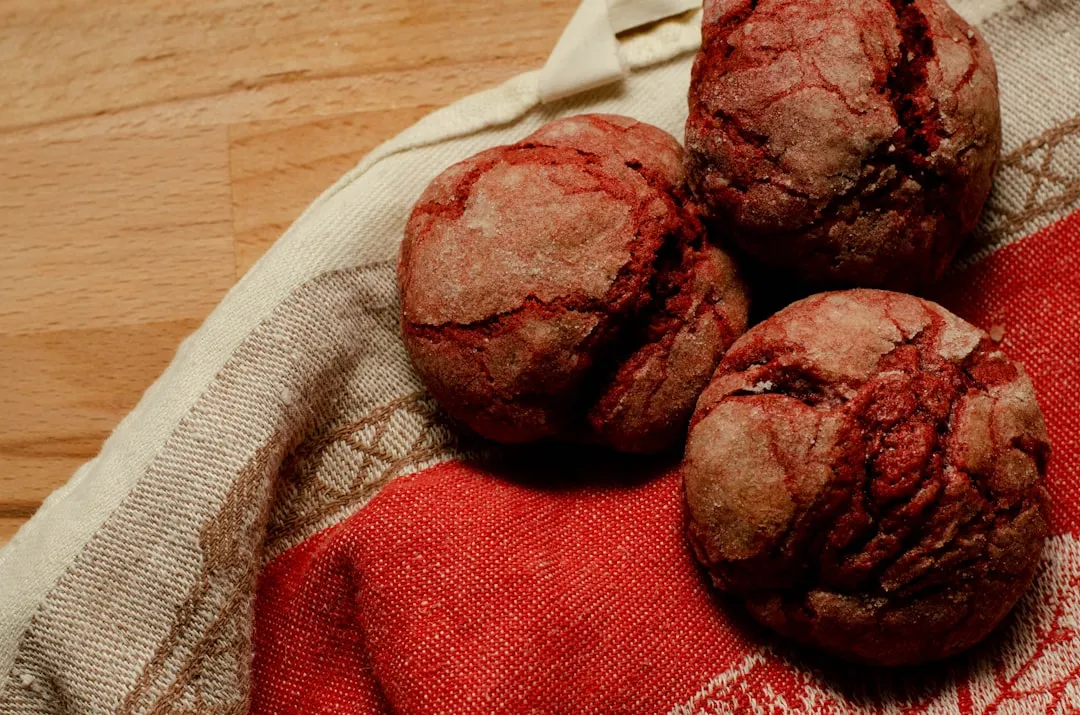
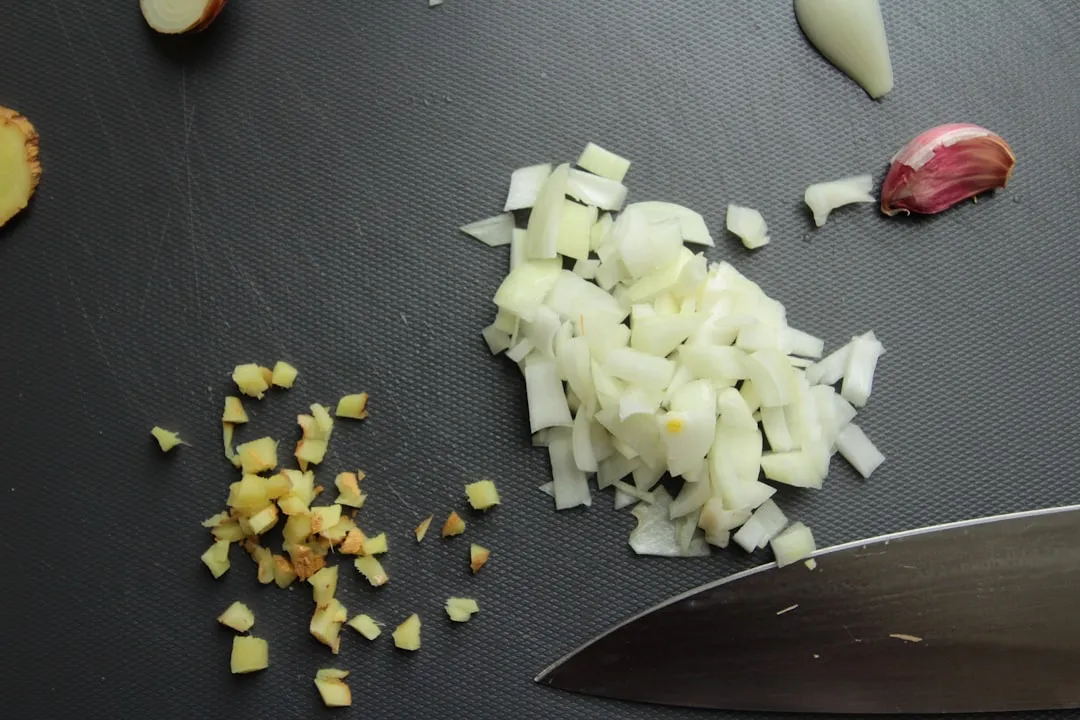
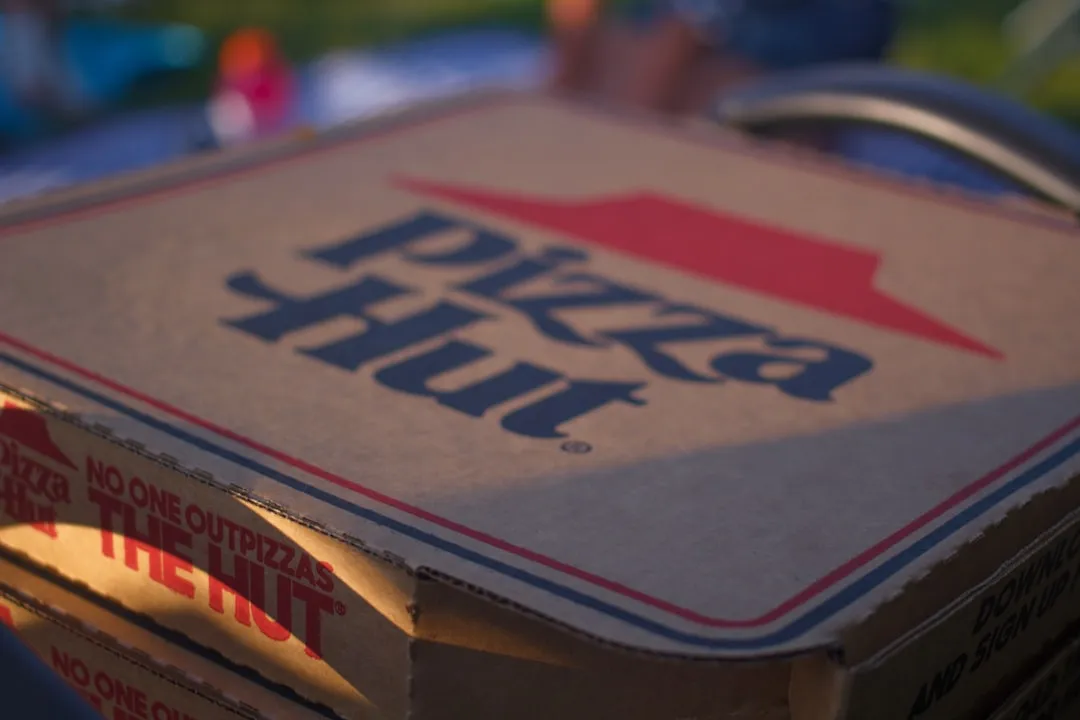


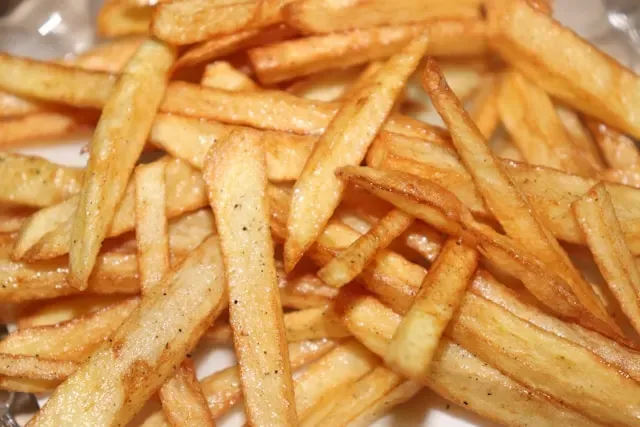
Comments
Be the first, drop a comment!